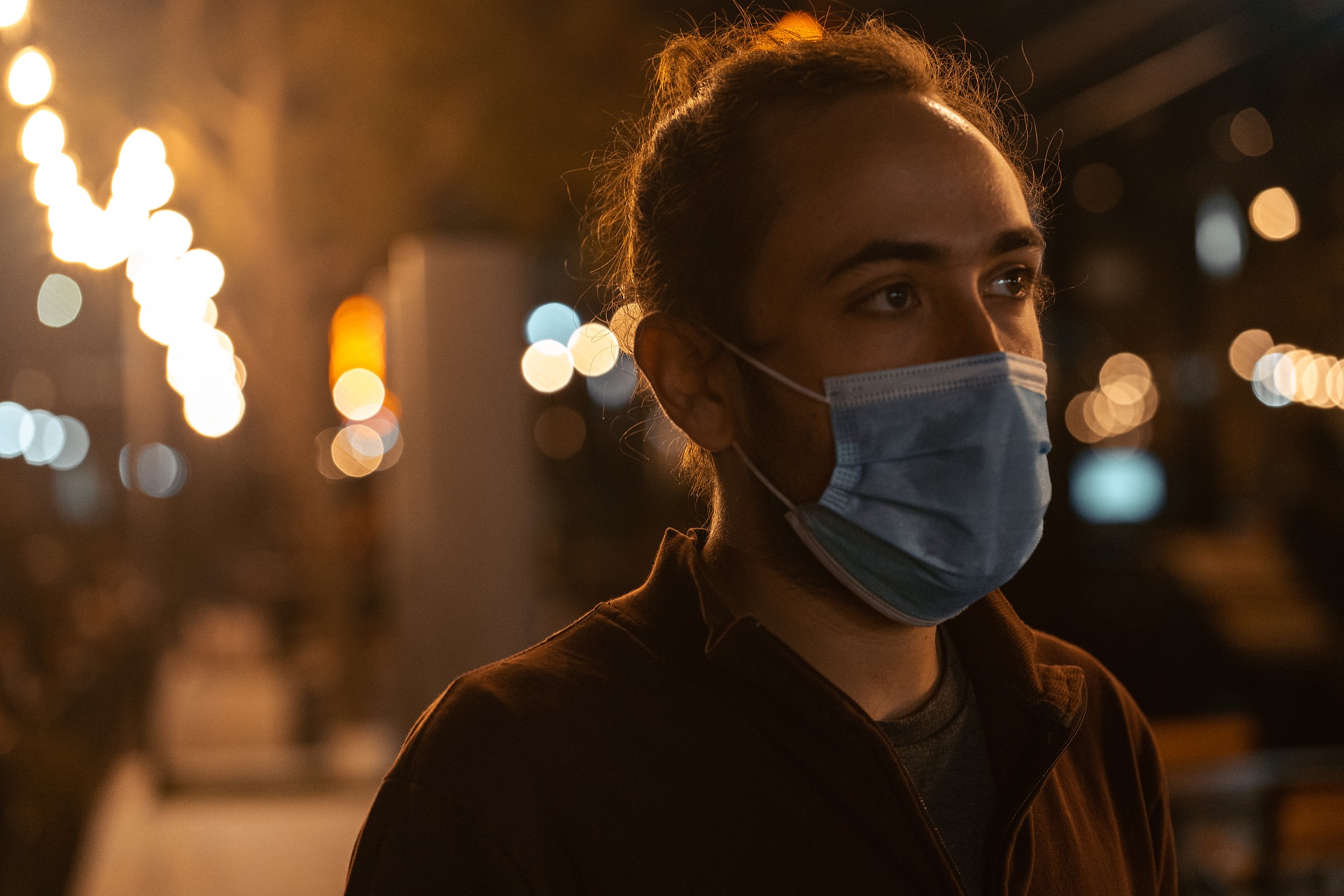Working from home. Scrambling to find child care. Coping with the death of a loved one. Feeling distant from friends.
These are just a few of the ways the global COVID-19 pandemic spurred difficult times for everyone and caused universal stress and mental health challenges, including the emergence of post-COVID stress disorder. This is a recently developed term for the feelings of extreme stress and anxiety so many people are experiencing during the transition between quarantine and the return to a “new normal.”
So how can you cope? Here are a few ways to manage stress and the side effects of post-COVID stress disorder.
Identify and treat your mental health disorders
In August 2020, 41% of adults in the United States reported having at least one adverse mental or behavioral health problem related to the pandemic, according to data from the Centers for Disease Control. When facing any mental health issues, don’t be afraid to reach out and ask for emotional support from those you trust or seek professional help.
Combat isolation
Isolation hit certain groups especially hard, like people who were seriously ill with COVID-19, nursing home residents who couldn’t have visitors, and even children, who went from school and extracurriculars to being home all the time.
Social media and video calls can be valuable tools to combat isolation. If you feel comfortable, find safe, in-person activities like joining a book club, listening to live music in a park or outdoor venue, watching movies, or visiting with animals. Find what interests you and use it to help break up the monotony.
Address burnout
While medical providers have experienced a new level of burnout, the general population has as well. As the pandemic fades, people are leaving their jobs in search of more flexibility and happiness. Experts believe that when burnout goes unaddressed, it can cause acute stress disorder and PTSD.
If you’re experiencing burnout, figure out what choices you have. Talk with your manager to see if expectations can be altered or if you can reach solutions. Though the world is returning to a “new normal,” see what worked for you during the pandemic and try to keep that as part of your routine.
If you need help managing anxiety, stress, or grief, don’t hesitate to find support. You are not alone in worrying about the outcomes of the pandemic and what happens next. Talk to coworkers, family, friends, and consider options like individual counseling offered by Valley Oaks Health.






